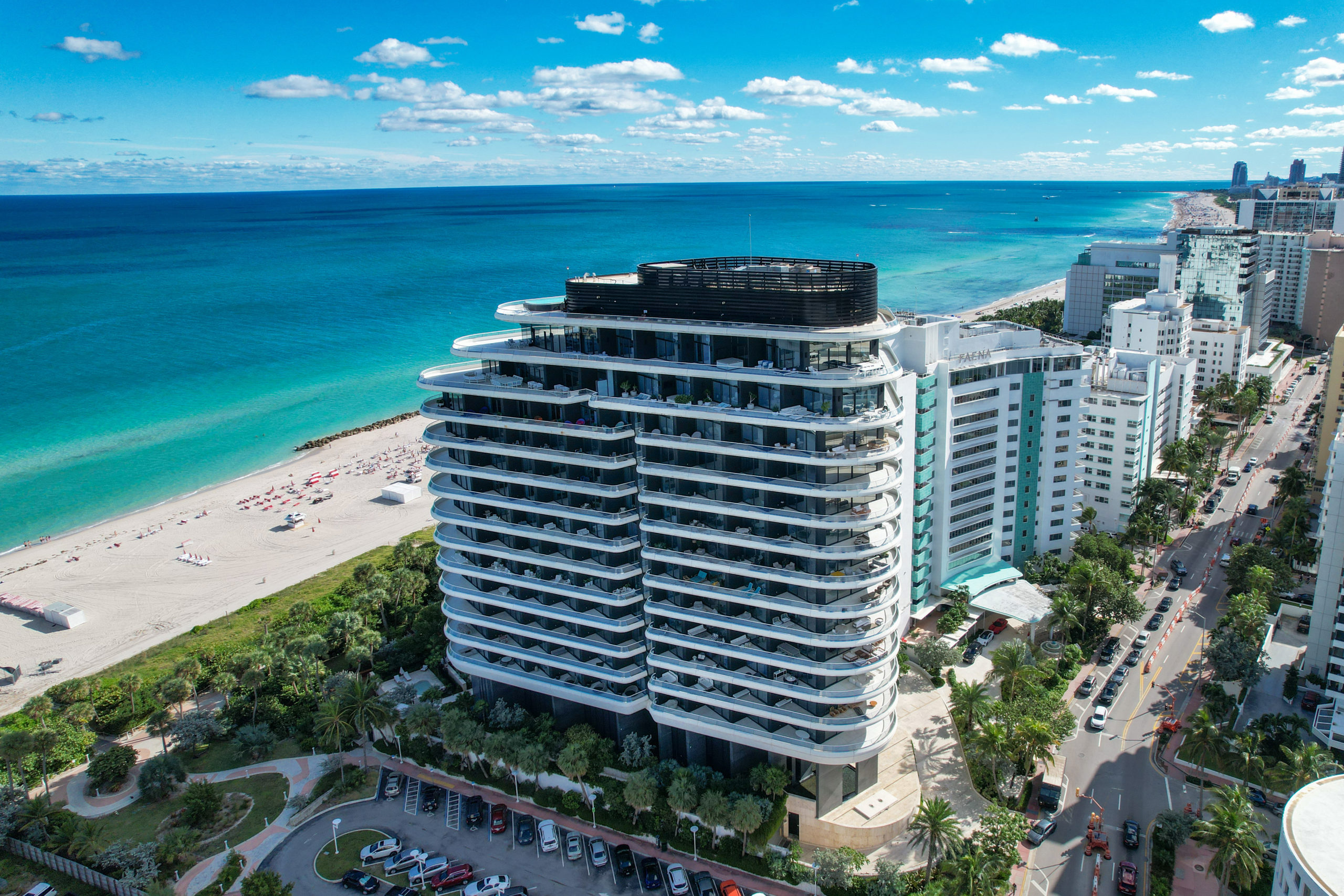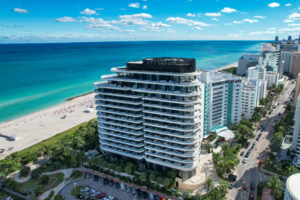The Financial Impact of Florida's New Condominium Regulations
Understanding Florida's New Condominium Regulations
In the wake of the tragic Champlain Towers South collapse in 2021, Florida has enacted stringent regulations to enhance condominium safety. While these measures aim to prevent future disasters, they have significant financial implications for condo owners, particularly concerning reserve funding and insurance premiums.
In May 2022, Florida introduced Senate Bill 4-D (S.B. 4-D) to address structural safety in condominiums. This legislation mandates that condo associations maintain adequate reserves for major repairs and conduct structural integrity reserve studies (SIRS) every decade. Buildings exceeding three stories must submit detailed inspection reports focusing on structural integrity, maintenance, and anticipated repair costs by December 31, 2024 (Bilzin).
Financial Implications for Condo Owners
The new regulations have led to increased financial responsibilities for condo owners. Associations can no longer waive reserve contributions, necessitating higher association fees to meet reserve requirements. This change is particularly challenging for residents in older buildings, many of which are located in South Florida. Owners now face substantial fee increases to fund reserves and cover escalating repair costs
Rising Insurance Premiums
Concurrently, condo insurance premiums in Florida have seen a significant uptick. As of 2025, the average annual premium for condo insurance in the state is approximately $962, markedly higher than the national average of $455. In metropolitan areas like Miami, premiums can soar to around $2,570 annually. Factors contributing to these elevated costs include the state's susceptibility to severe weather events and a contracting pool of insurers
Challenges for Fixed-Income Residents
The financial strain is particularly acute for retirees on fixed incomes. The combination of mandatory reserve funding and rising insurance premiums places a significant burden on these individuals, leading to concerns about affordability and housing stability. Some residents are grappling with the difficult decision of whether they can continue to afford their homes under the new financial demands.
Market Repercussions
The condominium market in Florida is experiencing notable shifts due to these regulatory changes. The uncertainty surrounding increased fees and stringent regulations has led to a cooling effect, with a surge in property listings as owners seek to divest from older buildings facing hefty assessments. In the second quarter of 2024, active condo listings reached 20,293, nearly tripling from the previous year's first quarter. This trend reflects growing apprehension among owners and potential buyers regarding the financial viability of condominium ownership in the current climate.
Insights
How are the new regulations affecting condo association operations?
Condo associations are now required to conduct regular structural inspections and maintain fully funded reserves for major repairs. This has led to increased administrative responsibilities and financial planning to comply with the new laws.
What can condo owners do to manage rising insurance premiums?
Owners can explore competitive rates by obtaining multiple insurance quotes, consider increasing deductibles to lower premiums, and implement risk mitigation measures in their units to qualify for discounts.
Are there any financial assistance programs available for affected condo owners?
Currently, there are limited state-level assistance programs specifically for condo owners facing increased costs. However, some local governments and non-profit organizations may offer aid or resources to help residents manage these financial challenges.
How might these changes impact the future of condominium living in Florida?
While the regulations aim to enhance safety, the associated costs may lead to a shift in the housing market, with potential decreases in condo demand and values, especially in older buildings requiring significant repairs.
In conclusion, while Florida's new condominium regulations are a proactive step toward ensuring resident safety, they bring substantial financial challenges. Condo owners must navigate increased association fees and insurance premiums, prompting a reevaluation of the economic feasibility of condominium living in the state.












